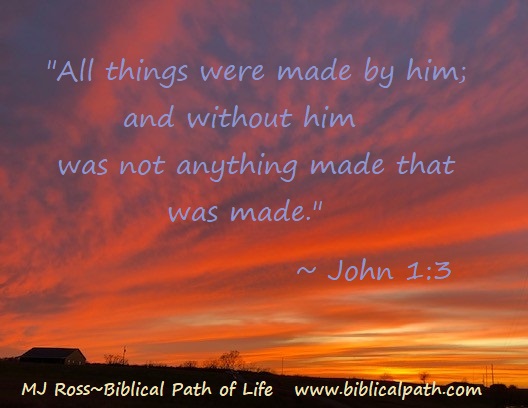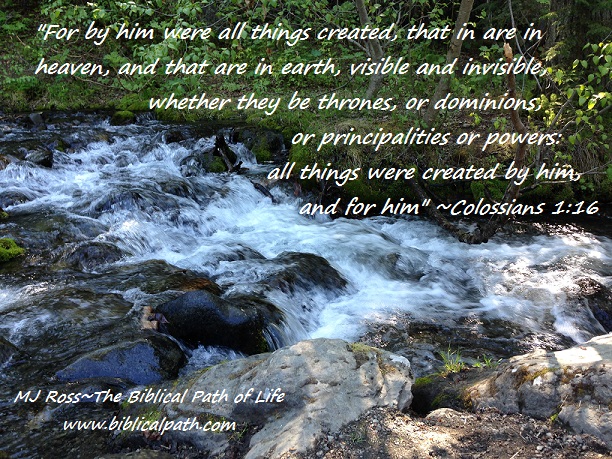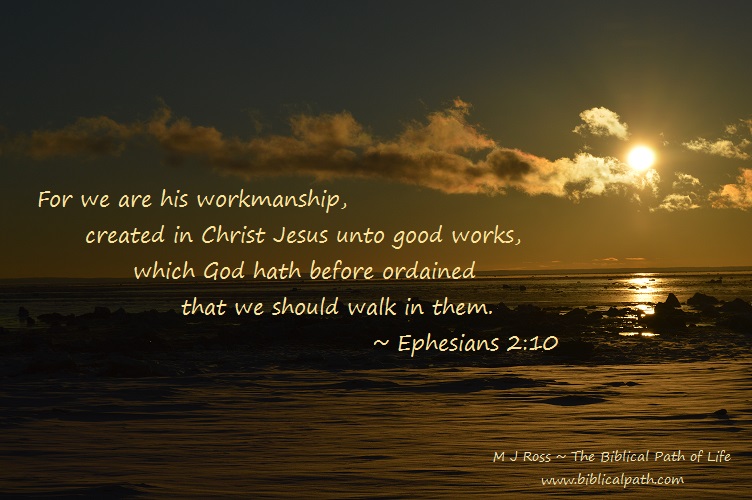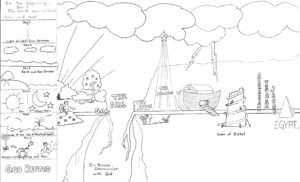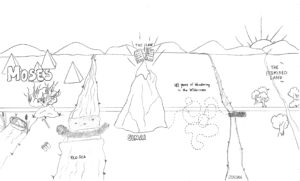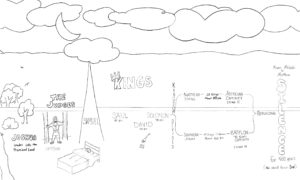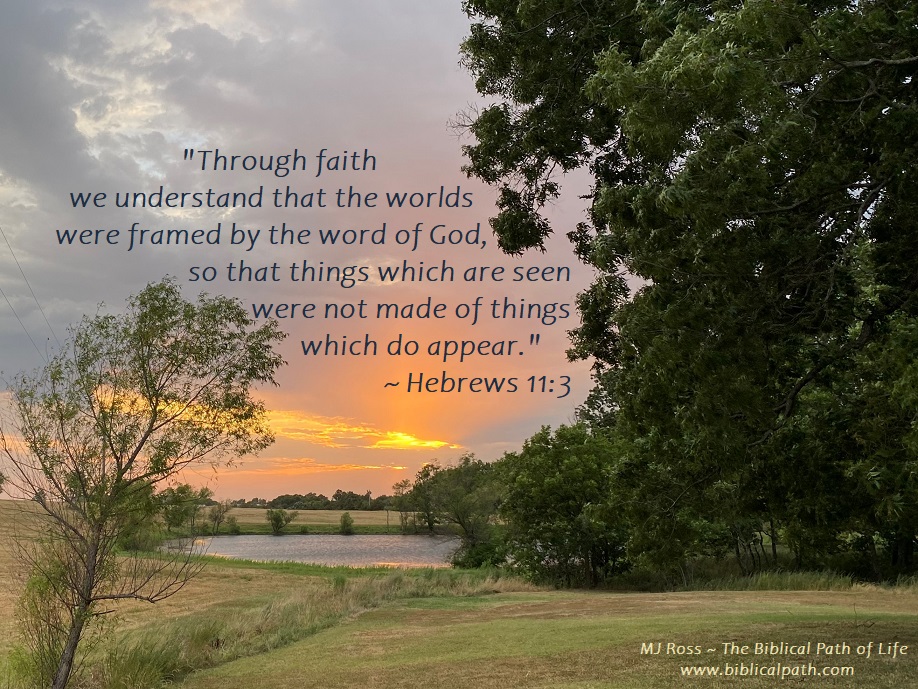
Hebrews 11:3
“Now faith is the substance of things hoped for, the evidence of things not seen” (Hebrews 11:1). This verse has appeared in prominent places on many plaques or posters. However, have you ever considered what these words actually mean? To what faith is this verse referring?
Faith is the substance of things hoped for, the evidence of things not seen means “that persuasion is not the outcome of imagination, but it is based on fact; such as the reality of the resurrection of Christ, and as such it becomes the basis of realistic hope.” Many people who lived in Old Testament times believed that Jesus would come (because God had made that promise). Although they did not live to see the fulfillment of that promise, they lived lives declaring they believed that promise: a life of faith. Consider what Jesus said when He was speaking to the religious leaders in the book of John. “Your father Abraham rejoiced to see my day: and he saw it, and was glad” (John 8:56). Jesus, Himself, recognized Abraham as one who looked forward to His coming. This kind of faith led to the comment in the next verse: “For by it the elders obtained a good report” (Hebrews 11:2). Not only do we understand these people lived believing the promises God made, by faith, today we know that Jesus came – just as God promised.
However, the following verse is often overlooked: “Through faith we understand that the worlds were framed by the word of God, so that things which are seen were not made of things which do appear” (Hebrews 11:3). The fact that God created the heaven and the earth from nothing in six days and rested on the seventh is challenged in our world today. Other theories are taught, yet none of them has been proven. God, Himself, declared that He created all. “In the beginning God created the heaven and the earth” (Genesis 1:1). This is the first thing that He declared to us. This is the first step of faith. If one does not believe that God created the heaven and the earth, how will one ever believe the rest of the Bible? It is interesting to note that this fact is reiterated right here in Scripture, helping us understand the importance of believing all of the Word of God. This first step of faith will allow one to begin to understand that God loved His creation (man) so much, that He willingly sent His Son, Jesus, to restore the relationship broken by man’s sin.
Those people recorded in the eleventh chapter of the book of Hebrews, believed, by faith, that God created the world. This was the first step of faith. They were then able to believe God’s promises by faith. “But without faith it is impossible to please him: for he that cometh to God must believe that he is, and that he is a rewarder of them that diligently seek him” (Hebrews 11:6). We find a great list of people who diligently sought God and lived by faith. Many names listed should be quite familiar: Abel, Enoch, Noah, Abraham, Sarah, Isaac, Jacob, Joseph, Moses, and many others. While reading that listing of faithful men and women from the Old Testament, there are interjections by the writer, helping understand the importance of faith. Remember that the people of faith from the Old Testament believed the promise that God would send One, Jesus, who would bring reconciliation between man and God.
Each of the people on that list diligently sought God, trusting that God would reward them for their faithfulness to Him, for they looked forward to Jesus’ coming. “These all died in faith, not having received the promises, but having seen them afar off, and were persuaded of them, and embraced them, and confessed that they were strangers and pilgrims on the earth” (Hebrews 11:13).
- Persuaded means “to be convinced; to believe.”
- Embraced means “to welcome; to receive gladly – referring to the promises.”
These people lived by faith. Read how we are to understand this active participation of faith in one’s life by the following verses: “6. As ye have therefore received Christ Jesus the Lord, so walk ye in him: 7. Rooted and built up in him, and stablished in the faith, as ye have been taught, abounding therein with thanksgiving” (Colossians 2:6-7).
- faith means “a knowledge of, assent to, and confidence in certain divine truths, especially those of the Gospel, as produces good works.”
- stablished means “to turn resolutely in a certain direction; strengthen.”
One must actively become “stablished” in that faith.
Chapter eleven of Hebrews is often called the “Hall of Faith” because of the many Old Testament men and women who were commended for this faith. They believed God and His Word. These men and women can help one understand the importance of trusting in Christ, who came as God promised, to restore the life that had been lost because of sin. Not only that, but because of their faith, Christians can look back to their perseverance, lending strength in unsure times.
Have you taken the first step of faith, believing that God created the heaven and earth, enabling you to trust in God’s Son, Jesus?
Do you remember those who were commended for their faith, allowing them to encourage you in your Christian life?
